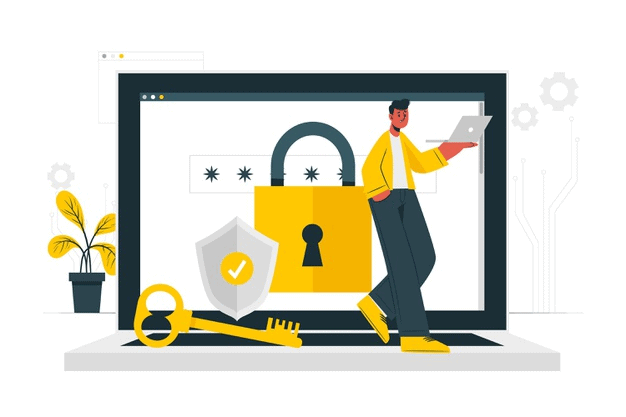The Swiss government calls for hackers to test their e – voting system – Hacker who can hack their system will be rewarded up to $30,000
The government also offers up to $30,000 in cash. The Swiss government will make its future e-voting system available for a public intrusion test, and now invites companies and security researchers to do so.
“Interested hackers are welcome to attack the system from around the world,” the government said in a press release. The public intrusion test (PIT) will take place between 25 February and 2 March, and cash rewards ranging from $100 to $30,000 are available (1 CHF is approximately $1 USD): On the last day of the testing period, on 24 March, a mock e-voting session is planned, but participants can attack the e-voting system before.
To participate, companies and security researchers must register before the official start of the PIT session. Registration will give participants legal permission to attack the system, ensure that cash rewards first reach those who report a problem and enforce a set of rules and restrictions on participants.
Some of the things that PIT participants are not allowed to do, for example, are attacks that can harm the personal device of a voter or attack unrelated systems belonging to Swiss Post, the creator of the e-voting system.
Swiss Post will help by disabling some of the security defenses that normally protect the e-voting system “to allow participants to concentrate fully on attacking the core system.” In addition, Swiss Post will also enable PIT participants to request as many e-voting cards as they need for their tests and has made the source code of their e-voting system available to GitLab participants. Swiss authorities also hired Swiss company SCRT SA as an independent third party to verify the vulnerability reports submitted by participants before transmitting the vulnerabilities to Swiss Post.
In order to increase the confidence that these systems are safe, the Swiss government has decided to conduct public penetration tests of its e-voting system. At the end of January, a committee of politicians and computer experts launched an initiative to ban e-voting in Switzerland for at least five years. In the following months, this group hopes to collect more than 100,000 signatures to initiate legal proceedings to ban e-voting.
The Swiss government has said that more than 300 private testing sessions have already passed the e-voting system. Officials said that it would be easier for Swiss citizens living abroad to vote by e-voting.
In addition to polling stations and postal mail, the final plan is to have e-voting as an official voting method.











Leave a Reply